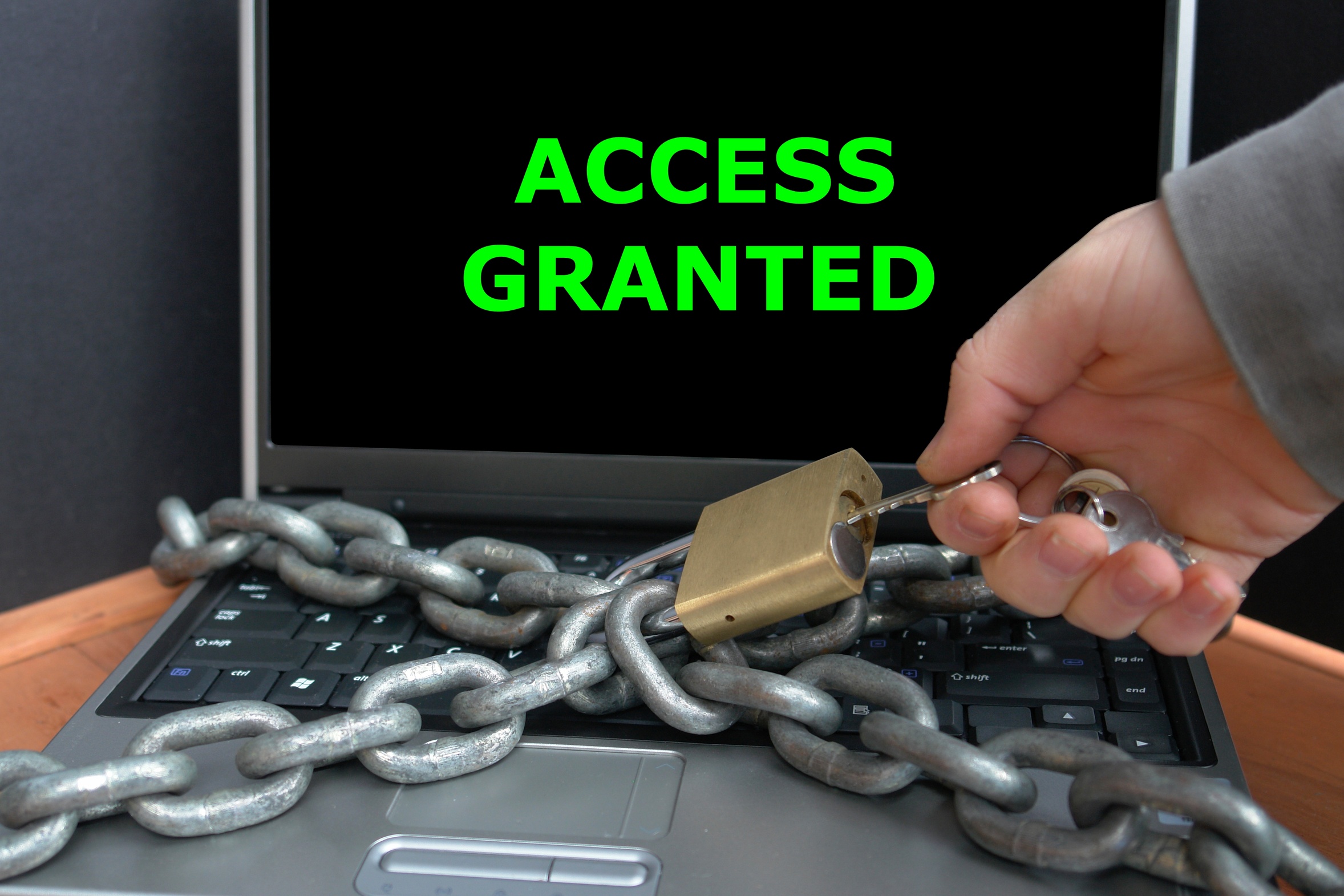MP David Blunkett: "UK needs more cyber security experts"
David Blunkett speaks about skills shortage in cyber security and need for more education


Education and business must work together to keep up with the rapidly changing cyber security landscape, says former Home Secretary David Blunkett.
Speaking at the (ISC)2 Security Congress EMEA event in London today, Blunkett addressed the troubles many business are currently facing with cyber security, the widening skills gap and the need for greater transparency from organisations that have fallen foul to hackers.
"Every day we see something new happening," he said. "[Those] in the industry working day-to-day have quite a challenge just keeping on top of the technical changes, never mind the wider environment in which you're working. And that rapidity of change creates insecurity, and creates uncertainty."
We need industry to be able to find ways of helping, particularly with higher education, in being able to pay those who are doing the training sufficiently, to attract people who have recently been on the front line and know what it's like.
With increasingly sophisticated threats that work to undermine barriers put in place by organisations, having the right people and skill-sets is ever-more important, he says, and further and higher education must compensate for this need.
"If we're training people through further or higher education... but we're not actually equipping people firstly to understand the challenge and secondly how to deal with it then we're not just letting down business, but we're also letting down our nation states because the threat to our economy and our society and our wellbeing... are going to be undermined if we're not doing the job properly," he continued.
Referencing Sony's recent high profile security breach, he points out that there are many companies who face similar hacks and breaches that go unreported for fear of reputational damage.
Organisations need to be more transparent and forthcoming about these troubles, and address them head-on with a direct focus on training all members of staff within an organisation.
Sign up today and you will receive a free copy of our Future Focus 2025 report - the leading guidance on AI, cybersecurity and other IT challenges as per 700+ senior executives
"We need industry to be able to find ways of helping, particularly with higher education, in being able to pay those who are doing the training sufficiently, to attract people who have recently been on the front line and know what it's like."
With trained staff, he says, companies are at just as much risk from "lack of knowledge" and "incompetence" internally as they are from external threats.
"The idea that nation states shouldn't protect themselves, their business and their economy is frankly risible," Blunkett added.
"So the debate has to be what is acceptable, what measures are legitimate, how do we ensure that the population as a whole, and those with an interest in it through business, are engaged in that debate, and how to make sure that resilience doesn't interfere with the legitimate privacy that all of us seek for ourselves.
"If we don't have that debate then we don't have democracy," he added.
Caroline has been writing about technology for more than a decade, switching between consumer smart home news and reviews and in-depth B2B industry coverage. In addition to her work for IT Pro and Cloud Pro, she has contributed to a number of titles including Expert Reviews, TechRadar, The Week and many more. She is currently the smart home editor across Future Publishing's homes titles.
You can get in touch with Caroline via email at caroline.preece@futurenet.com.
-
 Can enterprises transform through startup theory?
Can enterprises transform through startup theory?In-depth For big corporations, the flexibility, adaptability, and speed of a startup or scale-up is often the total opposite of what’s possible within their own operations
-
 AI is creating more software flaws – and they're getting worse
AI is creating more software flaws – and they're getting worseNews A CodeRabbit study compared pull requests with AI and without, finding AI is fast but highly error prone
